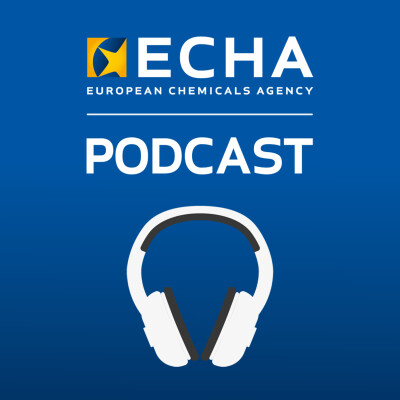Description
In this episode of the Safer Chemicals Podcast, we take you on a deep dive into the world of chemical safety with a spotlight on scientific research needs for the regulatory risk assessment of chemicals.
Päivi Jokiniemi speaks with ECHA's experts, Wim De Coen and Fleur van Broekhuizen, who give insights into the significance of scientific research in chemical regulation. Together, they explore the fundamental questions: Why is scientific research crucial for EU chemicals regulation, and what is ECHA doing to address the ever-evolving challenges in this field?
Learn why scientific research is the cornerstone of ECHA's efforts, enabling the identification of chemical hazards, assessment of risks, and ensuring regulatory compliance.
Get an inside look at ECHA's collaborative approach, where engagement with the scientific community is paramount. Understand how ECHA actively cooperates with researchers, fostering dialogue and knowledge exchange to drive chemical safety.
Explore the Partnership for the Assessment of Risks from Chemicals (PARC), an initiative that allocates substantial funding to research projects aimed at enhancing regulatory practices and improving chemical safety.
Discover the key areas of regulatory challenge highlighted in ECHA's recent report and gain insights into how increased scientific research can provide better protection against harmful chemicals, address chemical pollution in the natural environment, shift away from animal testing, and improve the availability of chemical data.
Wim works as a head of unit in our Hazard Assessment Directorate and Fleur in the team coordinating ECHA's activities under PARC.
Useful links
More
- ECHA report: Key Areas of Regulatory Challenge
- ECHA identifies research needs for regulating hazardous chemicals - ECHA News 15 November 2023
**************
Follow us on:
Disclaimer: Views expressed by interviewees do not necessarily represent the official position of the European Chemicals Agency. All content is up to date at the time of publication.
Hosted on Ausha. See ausha.co/privacy-policy for more information.
